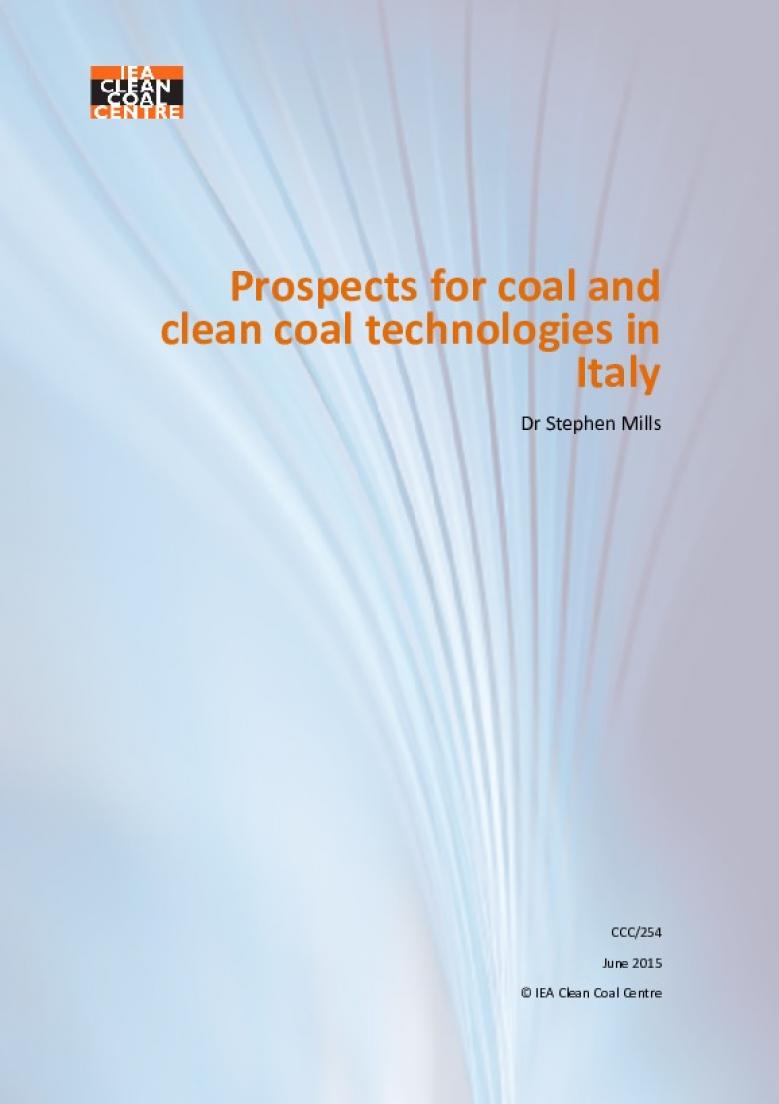Abstract
Italy is one of the world's leading economies and a major European industrial player. Despite its on-going economic problems, the industrial sector remains the main driver of the economy. However, the country faces challenges that include poor economic growth and restricted competitiveness. Average electricity prices are higher than elsewhere in the EU – they continue to have a negative impact on the competitiveness of Italian industry. The high prices result largely from a heavy reliance on imported natural gas and highly incentivised renewables for power generation. Italy is one of Europe’s biggest energy importers, importing much of its oil, natural gas, coal and electricity. This high level of dependence increases vulnerability in terms of security of supply. It is also expensive; in 2012, energy imports cost €65 billion.
With the aims of achieving a more secure, less expensive, and environmentally sustainable energy supply, and stimulating investment in the energy sector, a National Energy Strategy (NES) has been published. As options for diversification of energy sources are limited, this concentrates on the greater use of natural gas and renewables for electricity generation. Both options are likely to keep electricity costs high. Little consideration has been given to the increased use of coal, particularly for power generation. Recent years have seen three major coal-based power projects proposed – for a variety of reasons, none appear likely to proceed. However, a further project for the Sulcis area is currently being developed.
Through substantial investment, during the past decade, emissions of SO2, NOx and particulates emanating from the coal-fired power sector have decreased significantly. The country now has a number of plants that are cleaner and more efficient than many of their counterparts elsewhere.
A number of Clean Coal Technologies (CCTs) are in use or under active development in Italy. There is also on-going activity in the area of carbon capture and storage (CCS). Significant technological advances have been achieved via projects that have ranged from small-scale RD&D to technology demonstration.
| Attachment | Size |
|---|---|
| 2.8 MB |


